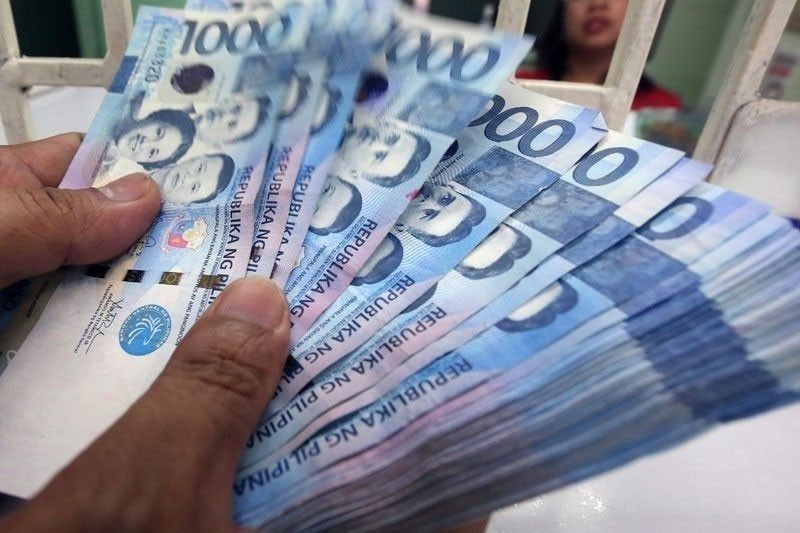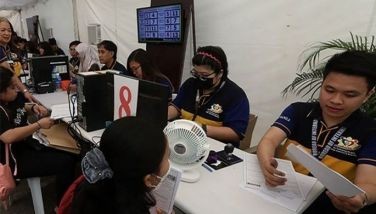Philippines targets removal from dirty money list by 2023

MANILA, Philippines — The Philippines is ramping up its drive to further tighten anti-money laundering and terrorist financing regulations in an effort to be removed from the watchlist of global dirty money watchdog Financial Action Task Force (FATF) as early as January 2023.
Bangko Sentral ng Pilipinas (BSP) Governor and Anti-Money Laundering Council chairman Benjamin Diokno said the Philippines is required to submit progress reports in January, May and September every year after it was included in the gray list of the FATF-International Cooperation Review Group (ICRG) on June 25.
Diokno said the Philippines is required to submit its first report in September. “The Philippines will be delisted from the gray list upon successful completion of all action plans – hopefully on or before January 2023,” Diokno said.
He also said the Philippines has largely addressed the action plans initially indicated in the 2019 Mutual Evaluation Report of the Asia Pacific Group (APG) on Money Laundering down to 18 from the original 70.
“The Philippines has adopted compliant laws and regulations. But it is not sufficient. The Philippines needs time to implement them to demonstrate effectiveness of anti-money laundering and counterterrorism financing measures,” Diokno said.
The Philippines was included in the list even with the passage of Republic Act 11479 or the Anti-Terrorism Act of 2020, while amendments to RA 9160 or the Anti-Money Laundering Act (AMLA) of 2001 and RA 1405 or the Secrecy of Bank Deposits Law are still pending.
According to Diokno, the Philippines has been working relentlessly to address the deficiencies even amid the COVID-19 pandemic.
“We remain strongly committed to swiftly resolve the remaining strategic deficiencies within agreed timeframes. In any case, there is no sanction for being a jurisdiction under increased monitoring,” Diokno said.
Likewise, the National Anti-Money Laundering / Combating the Financing of Terrorism Committee (NACC) is also addressing the remaining ICRG action plans.
The inclusion in the watchlist can possibly result in a two to four percent drop in remittances from overseas Filipino workers, an additional layer of scrutiny from regulators and financial institutions, higher cost of doing business and delayed processing of transactions. It would block the country’s road to an “A” credit rating.
Bankers Association of the Philippines president Jose Arnulfo Veloso said sanctions from the global dirty money watchdog would entail higher processing costs for banks.
“We hope the concerns of the FATF will be addressed in the earliest possible time. The continuing inclusion of the Philippines in the FATF list will impact service turnaround and increase processing cost of bank,” Veloso told The STAR.
Veloso, who is also president and chief executive officer of Philippine National Bank (PNB), said the BAP would continue to work closely with the AMLC and the BSP.
Suzane Felix, executive director of the Chamber of Thrift Banks (CTB), said the government should make sure that the parameters set by the FATF are delivered on time.
“I am hopeful that all government agencies involved will deliver expected outputs on the action plans pertaining to them, so that countermeasures will not be imposed on the Philippines. The government should ensure that they meet the deadlines,” Felix said.
The FATF blacklisted the Philippines in 2000 based on its assessment that the country lacked the power to thwart money laundering and to pin down individuals involved in terrorist financing. The country was subsequently removed from the list in February 2005 after the enactment of the AMLA.
The Philippines was included in the gray list in June 2012 as it failed to address AML/CFT deficiencies including criminalizing money laundering and extending the coverage of reporting entities, but was subsequently removed from the watch list in June 2013.
- Latest
- Trending































